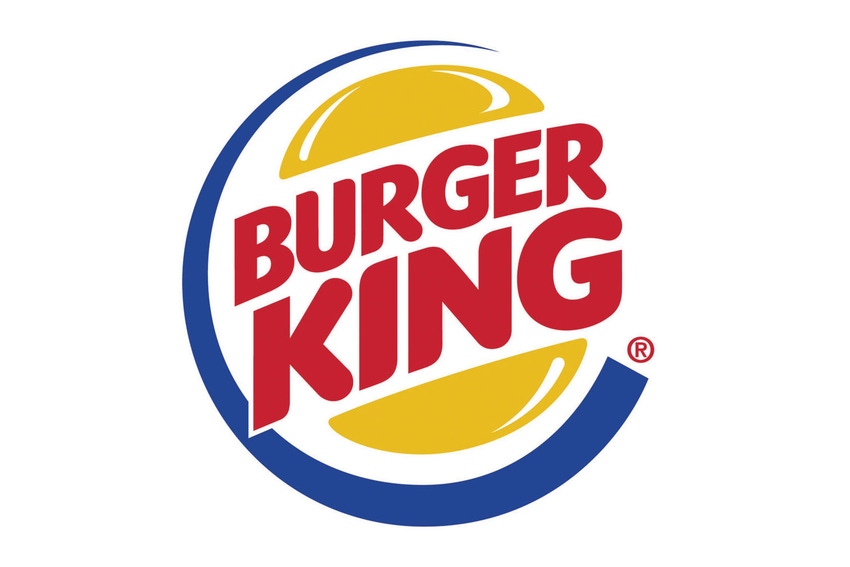Formula for cattle diet includes lemongrass supplement, but cattle industry calls study "small and poorly conceived."

In what it says is an effort to address a core industry challenge — the environmental impact of beef — Burger King is debuting a reduced-methane emissions beef Whopper sandwich, which is made with beef sourced from cows that emit less methane.
Burger King cited a U.N. Food & Agriculture Organization figure that livestock are responsible for approximately 14.5% of global greenhouse gas emissions.
To help tackle this environmental issue, Burger King brand partnered with top scientists to develop and test a new diet for cows that, according to initial study results, reduces cows' daily methane emissions by as much as 33% per day, on average, during the last three to four months of their lives.
The formula for this new diet is open source and fairly simple to implement, the study said. Preliminary tests suggest that adding 100 g of lemongrass leaves to the cows’ daily veterinary-prescribed diet during the last four months helps them release less methane as they digest their food.
"This initiative is part of our Restaurant Brands for Good framework. At Burger King, we believe that delicious, affordable and convenient meals can also be sustainable,†said Fernando Machado, global chief marketing officer of Restaurant Brands International. “We are making all our findings public. This an open-source approach to a real problem. If the whole industry -- from farmers, meat suppliers and other brands -- joins us, we can increase scale and collectively help reduce methane emissions that affect climate change.â€
To test and develop the formula, the brand collaborated throughout the process with globally renowned scientists Dr. Octavio Castelan, professor at the Autonomous University at the State of Mexico, and Dr. Ermias Kebreab, professor at the University of California-Davis.
“The Burger King brand has taken the right step to initiate mitigation of enteric fermentation methane emissions originating from the beef cattle industry, showing the path to follow by other companies in the food sector,†Castelan said.
Starting on July 14, select Burger King restaurants in Miami, Fla.; New York City; Austin, Texas; Portland, Ore., and Los Angeles, Cal., will offer the reduced-methane emissions beef Whopper sandwich.
Implementation and sourcing
Burger King said it recognizes that global beef production and consumption have a considerable climate impact but also said it knows equally “that farmers and ranchers around the world care deeply for their land and their animals.â€
The company noted, “As a large global buyer of beef, we want to support our value chain partners in implementing more potentially ‘climate friendly’ agricultural practices while understanding that they are limited in resources and capacity and are balancing day-to-day business and sustainability challenges.â€
The main ingredient for the supplement is lemongrass leaves (Cymbopogon citratus), which has been shown in cattle to manipulate the digestion process and improve nutrient utilization, thereby reducing methane formation. Specifically, Burger King said lemongrass contains bioactive compounds with antimicrobial and antiprotozoal properties that can be used to modify rumen fermentation.
The company is providing information to producers on how to implement the program into their farming practices and supply chain.
“The more ranchers who use it, the more we can learn about the potential of this solution. As we refine, gather learnings and scale the Cows’ Menu initiative, we hope to make a tangible difference in helping to mitigate climate change.â€
The company further noted that it understands the area of lemongrass under cultivation is currently smaller than would be needed to become a reliable feed for a portion of the beef industry, meaning its growth on a commercial scale needs to be greatly increased. However, Burger King said it wants to ensure that lemongrass is being sourced and expanded in commercial production sustainably.
Ration supplement
According to Burger King, the dried and chopped lemongrass is added as a supplement to the feed ration. In the research, the supplement was added during the last three to four months of the animal’s life.
Although Burger King said ranchers can continue to use their existing daily feed if preferred, the diet was composed of 80.6% concentrate and 19.4% forage with the following ingredients:
68% steam-flaked corn;
9.7% alfalfa;
9.7% oat hay;
5.7% soybean meal;
4.9% molasses, and
1.9% protected fat.
On top of the daily feed ration, a supplement of 100 g of lemongrass dry matter per cow per day was added.
“As we expand this formula with more suppliers, we hope to provide robust insight on commercial metrics such as weight gain, feed conversion ratio, days to slaughter, costs and lemongrass price changes with increased demand. We also intend to share more research to facilitate implementation and inform longer-term viability.â€
U.S. cattle industry reacts
Following Burger King’s announcement, the National Cattlemen’s Beef Assn. (NCBA) released a statement expressing disappointment in the restaurant’s Cow’s Menu campaign.
“The nation’s burger restaurants can, and many of them do, play a vital role in helping improve beef’s sustainability and reducing its environmental footprint," NCBA said. "Unfortunately, Burger King has chosen a different path, relying on kitschy imagery that misrepresents basic bovine biology – cattle emissions come from burps, not farts – and on the potential impact of a single ruminant nutrition study that was so small and poorly conceived [that] it was dismissed by many leading [non-government organizations] and beef industry experts.â€
NCBA further noted that the U.S. is already a leader in sustainable beef production.
The group noted that the Environmental Protection Agency "attributes just 2% of greenhouse gas emissions to the American cattle industry, and yet cattle farmers and ranchers remain committed to continuous improvement and producing beef more sustainably. America’s cattle producers are disappointed that Burger King has decided to follow a path that is misaligned with those who are already making real-world efforts to reduce beef’s environmental footprint, opting instead to score easy points with consumers by launching a misleading public relations campaign.â€
About the Author(s)
You May Also Like





